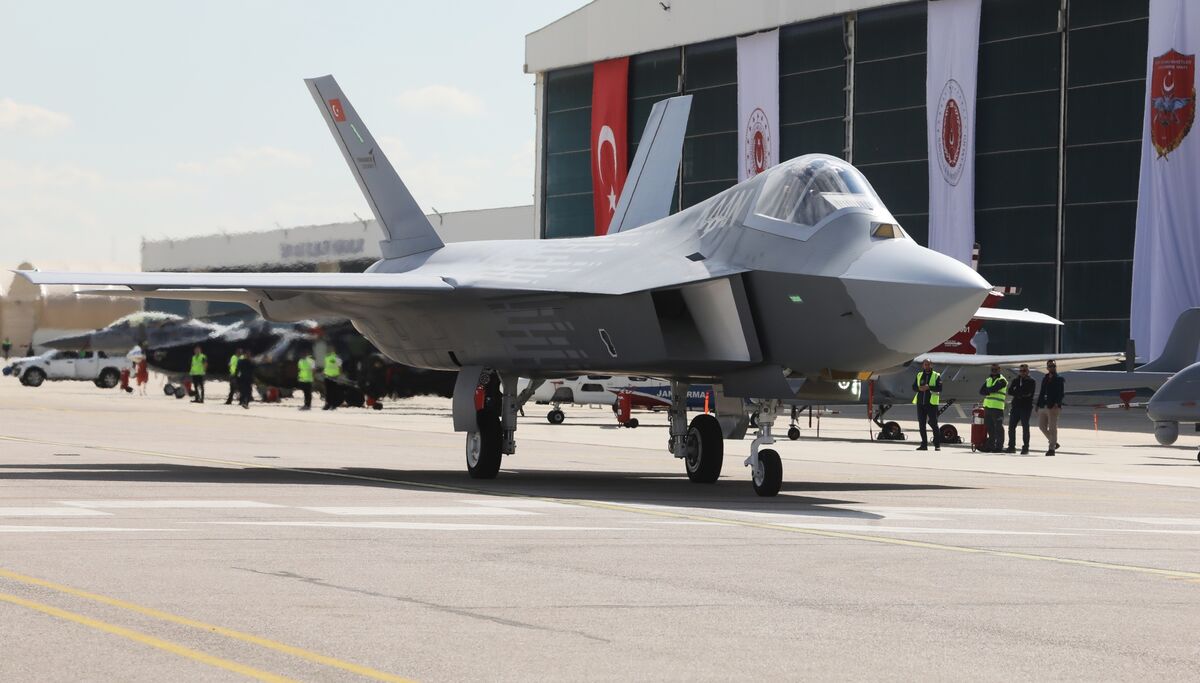Opinion | If Erdogan is defeated in upcoming elections, the West must help Turkey succeed
But an equally important question in this election is what a post-Erdogan Turkey could mean for geoeconomics of the emerging world order. Simply put, an economically revitalized Turkey could become a critical partner for a West that is striving to recalibrate its dependence on China and diversify its supply chains. Both Europe and the United States have an interest in Turkey transforming itself.
Turkey is a major economy at Europe’s doorstep and a regional powerhouse. It enjoys a broad industrial production base, a sophisticated business climate, and a capable, educated workforce. Turkey is an important net exporter of agricultural goods, is making advances in renewable energy and has recently begun producing its own electric car. A 1995 free-trade agreement with the European Union has more or less harmonized Turkey’s regulatory framework with Europe’s. As the Economist wrote in 2010: “Turkey makes things like furniture, cars, cement (it is the world’s biggest exporter), shoes, televisions and DVD players. In a sense … it might be called the China of Europe.”
But that promise was never realized. Turkey was once the world’s 16th largest economy — and was expected to become the 12th largest by 2050. Today, it is down in all indexes compared to a decade ago, from per capita income to the size of its economy. Instead of becoming Europe’s China, Turkey has in recent years looked more and more like Europe’s Argentina. As Erdogan consolidated power, he started hollowing out independent institutions, placing yes-men at all levels of the country’s bureaucracy and relying on massive government spending to keep the economy’s wheels turning. All this has over time led to significant brain drain, loss of investor confidence and runaway inflation.
Could Erdogan himself turn the tide? To be fair, Turkey’s strongman himself is not ideologically hostile to markets. But his preference for showy construction megaprojects over investing in industrial capacity has hobbled economic development. And his eccentric views on interest rates have wreaked havoc on the financial system. He has been running the economy like a small-town mayor, micromanaging every aspect. His personalized rule has scared off foreign and domestic capital.
Should the opposition win, it will have a tough task before it. But it has a better chance of re-anchoring Turkey to the West. Turkey is sure to face severe economic head winds after the election. A market rally to celebrate Erdogan’s ouster might initially help. There was a lot of talk of a possible change of government during the IMF/World Bank meetings in Washington last month. When I asked why, one international hedge fund representative told me, “If Erdogan leaves, Turkey will be the biggest trade of the year.”
But hot money only helps short-term. Eventually a Kilicdaroglu government would need to profoundly restructure Turkey’s economy. Economists in Kilicdaroglu’s coalition, such as former finance minister Ali Babacan, understand that to stabilize the markets, Turkey needs to reverse “Erdoganomics” and commit itself to rules-based and predictable economic governance.
And the long-term vision has to be anchored in manufacturing. With U.S. and European economies looking to “de-risk” from an overreliance on China, Kilicdaroglu’s advisers sense an opportunity. Turkey will need to do what China did decades ago: support and subsidize innovation, invest in future technologies and reorganize its industrial base to align with the needs of Western markets.
The West can help — in particular the European Union.
Europe is already Turkey’s top trading partner and top investor. There is already a free-trade agreement in place. But further integration has stalled as relations with Erdogan have soured.
Turkey was once on a path to E.U. membership. And like the aspirant countries in Central and Eastern Europe that had gone before it, Turkey was regularly rolling out economic and political reforms. But a decade ago, as Erdogan was turning illiberal, Europeans started growing weary of E.U. enlargement. This vicious cycle led to mutual estrangement, with the cumbersome accession process now completely on ice.
Reviving the country’s membership talks with the E.U. could provide the framework Turks need for economic and political reforms at home. It would provide the next government cover for the difficult work of restoring the rule of law.
In the early 2000s, the United States played a key role in pushing Europe to invite Turkey into the club, thereby bolstering democratization and anchoring a large Muslim nation to the West. The Biden administration should follow the same template in encouraging European leaders to resuscitate Turkey’s accession talks and to modernize the outdated free-trade agreement between Turkey and the E.U.
An opposition win on May 14 could be a game changer, both for Turkey and the West. It would represent a triumph of democracy and a blow against entrenched authoritarianism. But it would also provide a meaningful opportunity for the West to start restructuring its supply chains away from China and toward friendly countries. It’s an opportunity that must not be missed.




